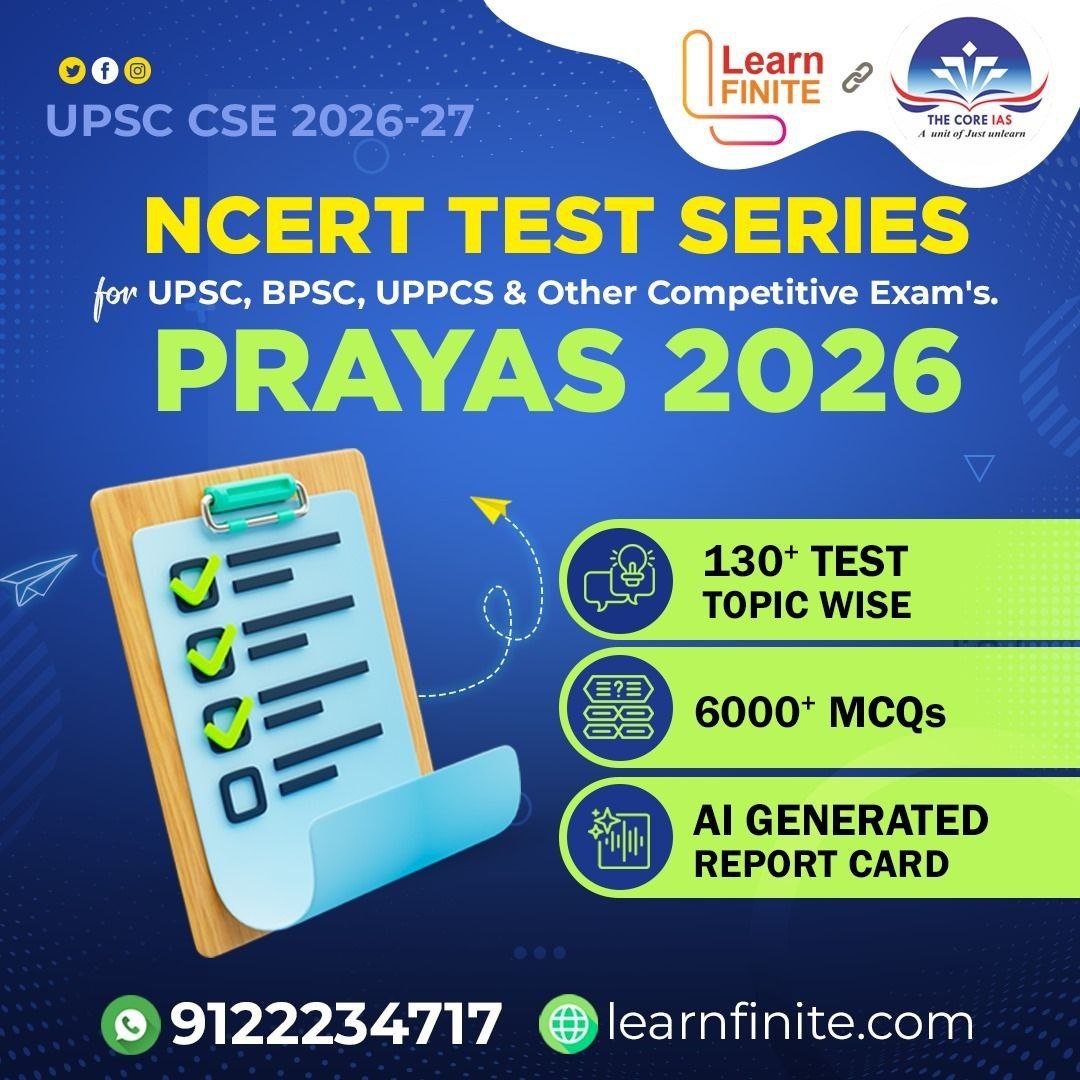All UPSC aspirants are reading the same books and the same materials but which things are made different to rankers and others?
In my personal opinion, there are three broader things which make the whole difference
Reproduction/Recalling: It doesn’t matter how much we read or how much booklets we cover from different coaching institutes. What matters is how much we are able to reproduce in exam hall under pressure and in a limited time period.
How clearly we are able to convey our thoughts to the examiner and how much time we are taking to recall the answer.
Generally, many aspirants lack in revision. There understanding remains like a house of cards, fragile, fractured and with too many leakages.
Here is the forgetting graph for the human brain:
See, if you don’t revise a newly learned concept you would lose it all in a few days. While on revision your retention percentage would improve exponentially.
Our recalling time too, as well as clarity by which we can recall the topic, can improve drastically after few revisions.
I used to revise whatever I had learned in 1, 3, 7, 15 days after the first read. You can adjust these numbers according to your suitability.
Representation: Your handwriting, use of maps, flow-charts and key terms/jargons play a crucial role too. Though content is supreme if you don’t have content, then your hand-writing can’t save you.
Interlinking: connecting various dots, looking question from various angles and perspectives like social, political, economic, cultural, individual, societal etc. is highly critical especially in the essay and 15 marks questions in GS papers. your answer should not be monotonous but should have multiple facets.
In the end, luck is also one of the factor which decides who can find their name in the final list.
Ravi Meena, All India Rank 67 at Indian Forest Service
Source – Internet







